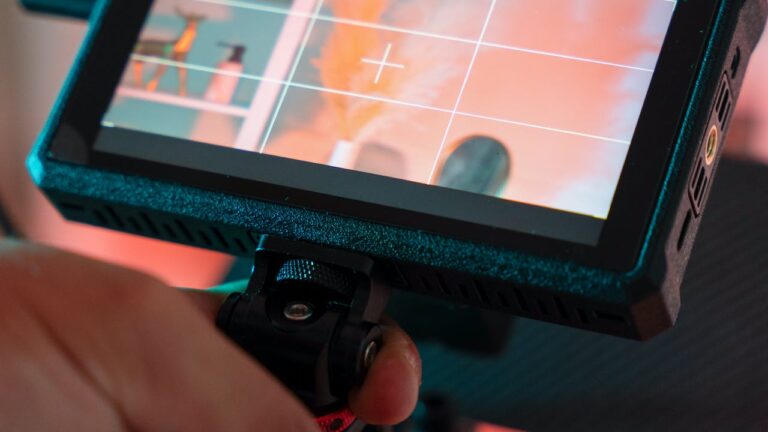In an age where technology evolves at an exponential rate, staying abreast of the latest innovations is not just a matter of curiosity, but a necessity for those looking to maintain a competitive edge in the global marketplace. Modern technology, characterized by advanced digital capabilities, interconnected systems, and smart automation, is shaping the future of human interaction, industry, and personal life. The dawn of this digital era marks a significant paradigm shift, one that demands an insightful exploration of its multifaceted dimensions and potential.
The Heartbeat of Progress: Digital Transformation
At the core of modern technology lies digital transformation, a phenomenon that has reinvented how businesses operate and interact with customers. It transcends mere online presence, delving into the utilization of big data analytics, cloud computing, and artificial intelligence (AI) to optimize operations and enhance decision-making processes. Companies that embrace digital transformation are often at the forefront of innovation, leading their industries with a data-driven approach that offers unparalleled efficiency and customer personalization.
Artificial Intelligence: The New Frontier
AI stands at the forefront of modern technology, forging a path for intelligent automation and predictive analytics. It’s not just about machines performing tasks; it’s about them learning from each repetition, becoming more efficient, and eventually anticipating needs before they are explicitly stated. From chatbots that provide instant customer service to sophisticated algorithms that detect fraudulent transactions, AI is a transformative force that is redefining potential across sectors.
Internet of Things (IoT): The Web of Interconnectivity
The Internet of Things (IoT) has transformed ordinary objects into smart devices, capable of collecting and transmitting data across networks. This interconnectivity promises to revolutionize everything from home automation to urban planning. Smart thermostats learn your preferences to optimize energy consumption, while smart cities monitor everything from traffic patterns to pollution levels, leading to more informed and timely governance decisions.
Cloud Computing: The Backbone of Modern Infrastructure
Cloud computing has emerged as the backbone of modern IT infrastructure, offering scalable solutions and unprecedented levels of flexibility. Its impact is seen in the remote working revolution, where access to resources and collaboration tools from anywhere in the world is possible. The cloud supports not only data storage and management but also serves as the foundation for advanced services like machine learning platforms and Software as a Service (SaaS) applications.
Cybersecurity: The Shield of the Digital Age
As technology advances, so do the complexities of cybersecurity. Protecting data against increasingly sophisticated cyber threats is a top priority for organizations and governments alike. Modern cybersecurity measures are a blend of cutting-edge technology and robust policy, safeguarding sensitive information from unauthorized access and ensuring the integrity of our digital infrastructures.
Blockchain: The Ledger of Trust
Blockchain technology, often associated with cryptocurrencies, extends far beyond the realms of digital currency. Its decentralized nature offers a transparent, immutable ledger that has potential applications in supply chain management, intellectual property rights, and secure voting systems. This technology fosters trust in digital transactions, paving the way for more secure and transparent processes across industries.
Sustainable Technology: The Greener Future
Sustainability is becoming increasingly central to discussions about modern technology. Innovations in renewable energy, smart grids, and energy-efficient appliances exemplify the marriage of technology and ecological consciousness. This focus on sustainability is crucial as the global community seeks to combat climate change and ensure environmental stewardship for future generations.
Final Thoughts on Embracing Modern Technology
To remain relevant and competitive in this rapidly evolving landscape, individuals and organizations must adapt to the changing tides of technology. The task may seem daunting, but the opportunities presented by these technological advancements are immense. Embracing modern technology is not just about adopting new systems and tools; it’s about fostering a mindset that is open to change, innovation, and continuous learning.

